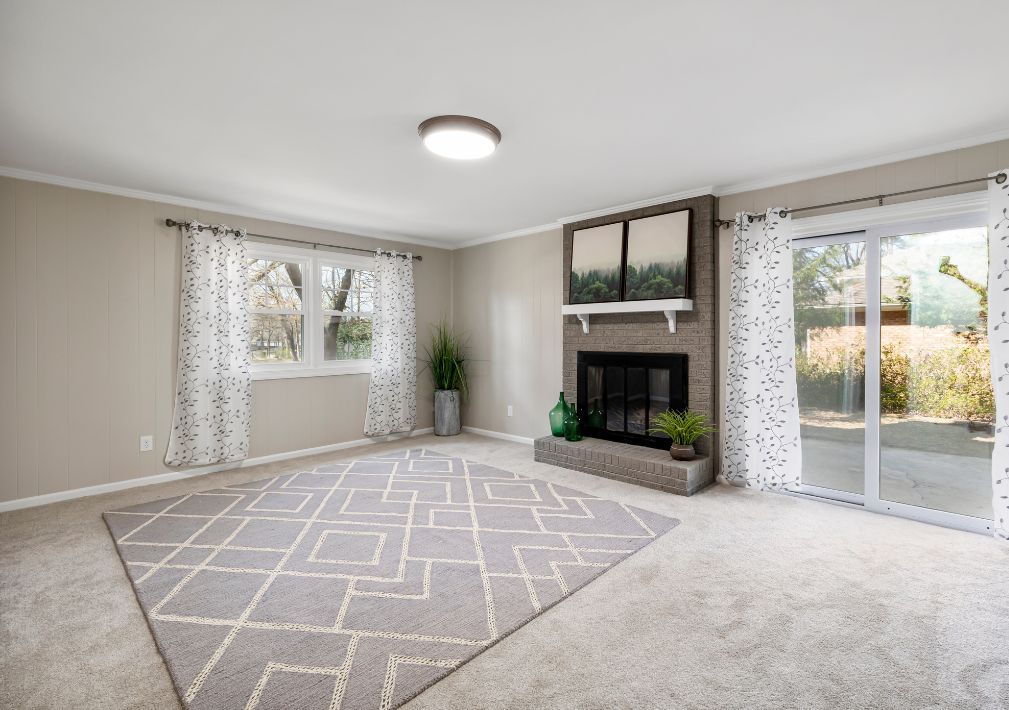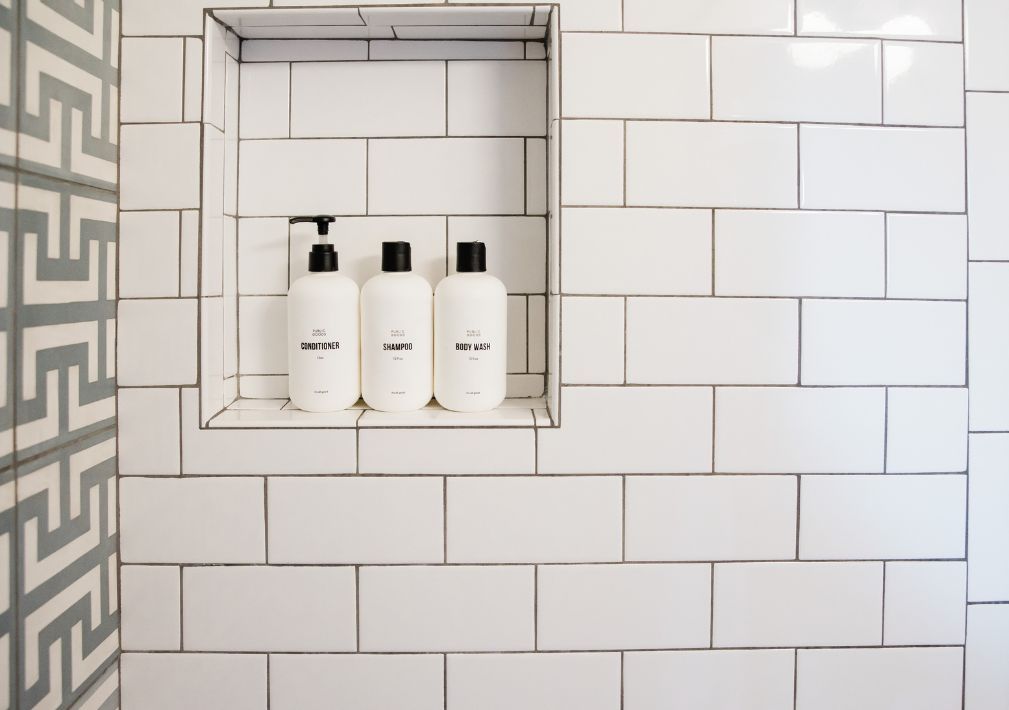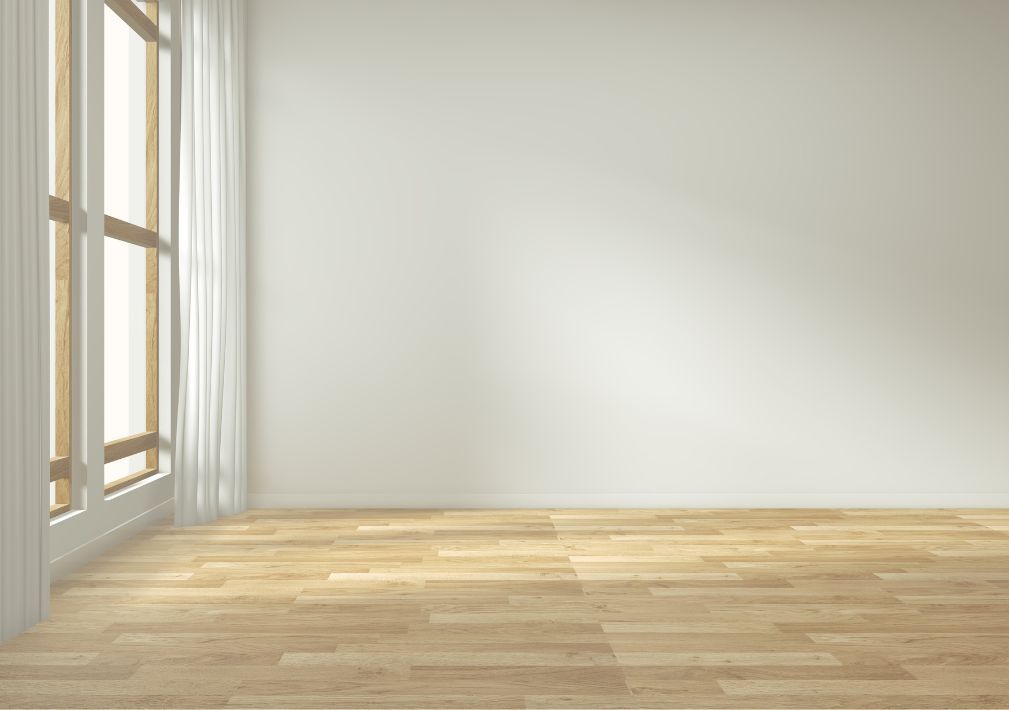How Long Does It Take Carpet to Dry?

The average drying time for carpets after professional carpet cleaning ranges from 6 to 12 hours, but this can vary based on several factors. If your home has high humidity or poor ventilation, carpets may take up to 24 hours to dry completely. Choosing the right cleaning method and optimizing drying conditions can significantly reduce drying time. At Voda Cleaning & Restoration, we use industry-leading carpet cleaning techniques allowing for faster drying while ensuring deep cleanliness.
Factors That Affect Carpet Drying Time
Several factors determine how quickly your carpet will dry after cleaning. Understanding these factors can help you optimize the drying process.
Cleaning Method Used
The type of carpet cleaning method has a major impact on drying time:
- Hot Water Extraction (Steam Cleaning): This deep-cleaning method removes dirt, bacteria, and allergens but requires more drying time due to water saturation.
- Dry Carpet Cleaning: Uses minimal moisture and dries within 1-2 hours, but it may not provide the same deep-cleaning benefits as steam cleaning.
- Bonnet Cleaning: A surface-level cleaning method that dries quickly but does not extract deeply embedded dirt.
- Shampooing: An older method that leaves carpets wetter for longer, often requiring 12-24 hours to dry fully.
At Voda Cleaning & Restoration, we use powerful extraction equipment to remove as much moisture as possible, ensuring that your carpets dry faster than traditional methods. Our high-efficiency drying systems help prevent mold growth and extend the life of your carpet. The drying process can also be improved using specialized low-moisture cleaning methods tailored to different carpet types. Investing in professional carpet cleaning not only delivers superior cleanliness but also ensures an efficient drying process that minimizes inconvenience for homeowners.
Humidity and Weather Conditions
Humidity plays a significant role in drying time. On humid days, carpets take longer to dry because moisture in the air slows evaporation. Conversely, dry climates and controlled indoor environments lead to quicker drying.
How to Manage Humidity for Faster Drying:
- Use a dehumidifier in humid conditions to pull excess moisture from the air.
- Keep windows closed on humid days and open them on dry, breezy days.
- Use air conditioning to regulate indoor humidity levels.
- Consider placing moisture-absorbing materials like silica gel or activated charcoal in rooms where carpet is drying to aid in faster moisture removal.
- Professional carpet cleaning services like Voda Cleaning & Restoration use moisture meters to monitor drying progress and recommend solutions to optimize humidity levels.
Weather fluctuations can impact drying times significantly, which is why professionals recommend scheduling carpet cleaning during low-humidity seasons whenever possible. If drying conditions are not ideal, additional tools like air movers and industrial dehumidifiers can be used to speed up the process and ensure carpets dry efficiently.
Airflow and Ventilation
Good air circulation significantly speeds up carpet drying. If your home has poor ventilation, trapped moisture can prolong drying times and even lead to mildew and musty odors.
Ways to Improve Airflow:
- Use ceiling fans, box fans, or oscillating fans to circulate air over the carpet.
- Open doors between rooms to encourage airflow.
- Place a floor fan near an open doorway or window to create cross-ventilation.
- Keep HVAC systems running at optimal settings to maintain airflow and prevent excessive moisture buildup.
- Use air purifiers with drying filters to reduce airborne moisture while keeping indoor air fresh.
At Voda Cleaning & Restoration, we recommend using industrial-grade air movers for ultra-fast drying, especially after deep cleaning sessions. Homeowners can also benefit from strategic furniture placement to avoid obstructing airflow across large carpeted areas.
Carpet Material and Thickness
Different carpet fibers absorb moisture at different rates. Synthetic fibers like polyester and nylon dry faster than natural fibers like wool, which tend to retain moisture longer.
- Thin, low-pile carpets (e.g., Berber) dry faster than plush or shag carpets.
- High-pile carpets take longer due to their density and ability to hold more moisture.
- Carpet padding also affects drying time; thick padding can retain moisture longer, slowing the drying process.
- Anti-moisture treatments applied to carpets can improve drying efficiency by repelling excess moisture.
- Heat-activated drying techniques used in professional cleaning can significantly improve drying times for thick or plush carpets.
- Carpet weave and density also influence drying speeds. Looser weaves allow for better airflow and faster drying, while tightly woven carpets retain more moisture.
- Specialized carpet backing materials can affect how much moisture is absorbed and how long drying takes.
Choosing carpets with fast-drying fiber technology can be a long-term solution for homeowners looking to minimize carpet drying times after routine cleanings. Voda Cleaning & Restoration also offers customized drying solutions based on carpet type and material to ensure optimal results after professional cleaning.
Professional vs. DIY Carpet Cleaning
Many homeowners opt for DIY carpet cleaning, but rental machines often leave too much water behind. Excess moisture prolongs drying time, increases the risk of mold growth, and can even damage carpet fibers.
- Rental machines lack the high-power suction needed to remove excess moisture effectively.
- DIY cleaning can lead to over-saturation, extending drying time and causing potential shrinkage or damage.
At Voda Cleaning & Restoration, our commercial-grade machines extract up to 95% of water, allowing your carpet to dry in nearly half the time compared to DIY methods. Additionally, specialized drying treatments applied by professionals can further speed up the process while enhancing carpet longevity.
- Professional cleaning uses temperature-controlled water to enhance drying speeds and eliminate bacteria.
- Certified cleaning solutions used by professionals help reduce residue buildup, allowing carpets to dry faster and remain clean longer.
- Expert drying assessments ensure carpets are treated according to fiber type, preventing issues like color bleeding or fiber damage.
Homeowners can save time and effort by investing in scheduled professional cleanings to ensure consistent and optimal carpet maintenance. Choosing Voda Cleaning & Restoration guarantees fast, efficient drying and a cleaner, healthier home.
The Final Verdict on Carpet Cleaning and Drying Time
The time it takes for carpets to dry depends on several factors, but with the right techniques, it can be significantly reduced. At Voda Cleaning & Restoration, we prioritize fast drying times, superior extraction, and expert techniques to ensure your carpets are fresh and dry as quickly as possible.
We also provide customized drying solutions based on carpet type, home conditions, and environmental factors, ensuring your flooring remains in pristine condition year-round.
For faster, deeper carpet cleaning with minimal drying time, contact Voda Cleaning & Restoration today!
Frequently Asked Questions About Carpet Cleaning
Does high humidity cause mold in carpets?
Yes, if carpets remain damp for over 24-48 hours, mold and mildew can start forming. Using dehumidifiers and air movers can prevent this issue.
Can carpet cleaning remove pet odors completely?
Professional cleaning can eliminate most pet odors, but deep urine stains may require enzyme treatments to fully remove bacteria and odor sources.
Why does my carpet smell worse after cleaning?
If carpets were over-saturated or dried too slowly, trapped moisture can cause odors. Using fast-drying methods like those at Voda Cleaning & Restoration prevents this issue.
More Blogs
Categories


